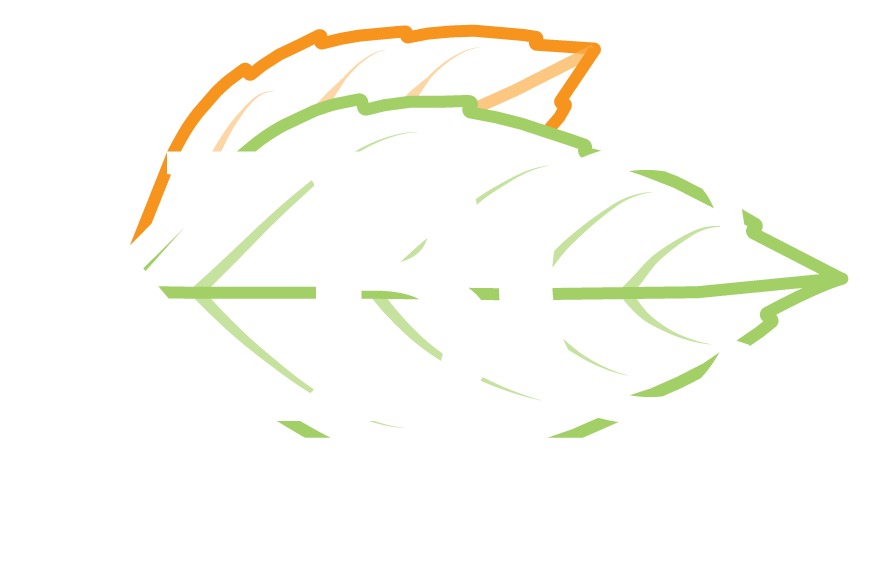Press Releases
-
Sweet basil used to be considered a relatively easy fresh market culinary herb crop to grow. Growers saw it as a popular and profitable enterprise. When sweet basil was later hit by Fusarium wilt, conventional growers were able to turn to fumigation, while organic growers were able to turn to emerging resistant varieties.
-
Dr. James Simon – A Breakthrough in the War Against Basil Downy Mildew
Sweet basil is among the most popular and economically important culinary herbs, but by 2010, US production began to feel the impact of a newly emerging destructive disease: basil downy mildew. At that time, no sweet basil varieties were resistant to basil downy mildew and growers began relying heavily on fungicide application to avoid devastating crop losses.
-
Momence, IL – As basil demand in the U.S. has continued to grow over the past decade, so has an increasing threat to basil availability – downy mildew. Now, three herb pioneers have teamed up to develop and introduce a downy mildew resistant basil variety to the marketplace.
-
Three herb pioneers have teamed up to develop basil varieties resistant to downy mildew, which they describe as a “critical industry problem”.
Professor of plant biology at Rutgers University in New Jersey, Jim Simon, herb industry pioneer, Charlie Coiner, and retired president of Van Drunen Farms, Ed Van Drunen, all collaborated to achieve a commercially viable cultivar to offer growers.
-
According to a report from Cornell University, downy mildew of basil is a destructive disease confirmed in both field- and greenhouse-grown basil crops (as well as home gardens) now found in many states including Florida, Georgia, Indiana, Illinois, North Carolina, Pennsylvania, New Jersey, New York, Massachusetts, Kansas and Missouri. The pathogen develops on lower leaf surfaces and pretty much renders complete crop loss for growers because leaves with any injury are unmarketable and inedible.
-
Basil is a widely used, versatile herb with an ever-growing fan base around the globe. One foe, however — downy mildew — poses an increasing threat to the herb’s availability. Downy mildew of basil is a destructive pathogen that develops on lower leaf surfaces, all but rendering complete crop loss for growers as what’s left is likely unmarketable and inedible. Three herb industry stakeholders are seeking to change the game and introduce downy mildew-resistant basil varieties to the marketplace.
-
While demand for basil continues to grow worldwide, so does a major threat to the versatile herb. Downy mildew is a destructive pathogen that develops on lower leaf surfaces, often leading to complete crop loss for growers as what’s left is likely unmarketable and inedible. With that in mind, breeders and growers have been working on solutions to introduce downy mildew-resistant basil varieties to the marketplace.
-
Rutgers downy mildew resistant (DMR) basil seeds are now being sold by VDF Specialty Seeds for commercial basil growers. Following this commercial release, four new DMR basil varieties will be on the market for consumers and home gardeners.
-
Field-production of new downy mildew resistant basil varieties has yielded positive results, promising the herb-industry some much-needed relief from this debilitating disease. These commercially viable downy mildew resistant (DMR) varieties were developed by a team at Rutgers University in New Jersey, spearheaded by Dr. Jim Simon, distinguished professor of plant biology.
